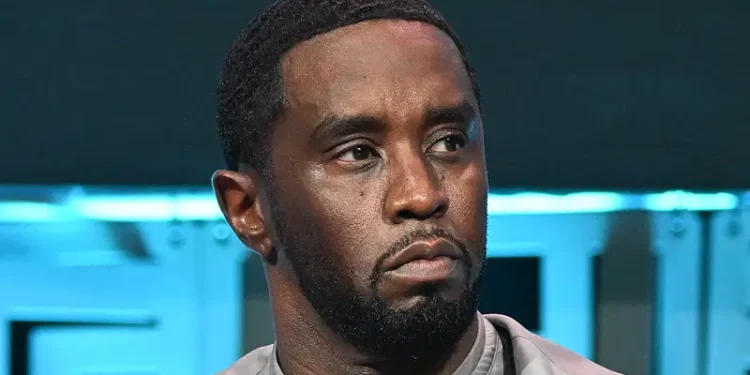The conviction of hip-hop mogul Sean “Diddy” Combs on two counts of interstate transportation for prostitution (while being acquitted of the more severe charges of sex trafficking and racketeering) is not a simple split verdict; it is a damning reflection on how the U.S. justice system struggles to prosecute crimes of coercion when they are cloaked in celebrity wealth and power.
The jury’s inability to deliver a full verdict against the backdrop of harrowing testimony, particularly from women like Casandra Ventura (Cassie), suggests that when immense fame is involved, the legal system defaults to a narrative of transaction over trauma. This is the insidious nature of celebrity justice—accountability is diluted, and the moral compass of the courtroom bends under the weight of cultural influence.

The First Amendment Defense
Combs’ legal team is now attempting to have the prostitution verdict set aside entirely, using two central, and highly audacious, arguments. The first, claiming he wasn’t a direct participant in the “Freak Offs,” is a bland technicality that ignores the important finding which is that he arranged and paid for the illegal interstate travel of escorts for the purposes of prostitution. It is an attempt to use a narrow definition of the crime to evade moral and legal responsibility for the network he orchestrated.
The second argument (that the filming of the encounters as “amateur pornography” is protected under the First Amendment) is a shocking display of legal misdirection. It deliberately conflates free speech with the act of criminal exploitation. Prosecutors rightly pointed out that these films were allegedly used as blackmail to control his girlfriends.
There is no constitutional protection for threatening a victim with the release of their sexual images, a clear tactic of coercive control. This cynical use of the First Amendment is an example on how the wealthy can weaponize legal complexity to obscure the human cost of their actions. Judge Arun Subramanian must reject this motion; to accept it would not only set a dangerous legal precedent but would effectively ratify coercion as constitutionally protected expression.
Why It Matters
The defense’s subsequent motion for a drastically short 14-month sentence, which would see Combs released almost immediately due to time served, is a final, brazen maneuver. Their plea, citing his ruined career and the impact on his family, seeks to equate the consequence of his actions with the punishment itself.
While his reputation is damaged, the defense is asking the court to prioritize the rehabilitation of a powerful celebrity over the profound need for justice and deterrence. The prosecution’s intent to seek a substantially longer term is a necessary pushback, but the overall sentencing recommendation will be a true test of whether sexual exploitation in the music industry is considered a serious felony or just a slap on the wrist for the elite.

















